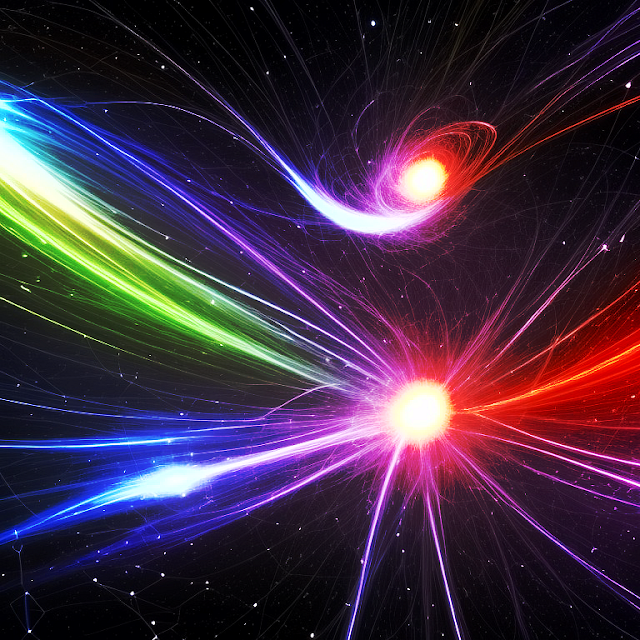The Importance of Theoretical Physics for Empirical Physicists
I believe that it is essential for empirical physicists to have a strong foundation in theoretical physics. This is because theoretical physics provides the framework for understanding and interpreting experimental results. Without a solid understanding of theoretical physics, empirical physicists may misinterpret their results or draw incorrect conclusions.
For example, consider the case of the Higgs boson.
The Higgs boson is a fundamental particle that was predicted by theoretical physicists in the 1960s.
However, it was not until 2012 that the Higgs boson was finally detected by empirical physicists at the Large Hadron Collider.
The discovery of the Higgs boson was a major breakthrough in physics, and it would not have been possible without the theoretical work that preceded it.
In another example, consider the case of string theory.
String theory is a theoretical framework that attempts to unify all of the fundamental forces of nature. While string theory has not yet been experimentally verified, it has been the subject of intense research by theoretical physicists for many years.
Empirical physicists have also contributed to the development of string theory by conducting experiments that test its predictions.
These are just two examples of the importance of theoretical physics for empirical physicists.
In order to make significant contributions to the field, empirical physicists must have a strong foundation in theoretical physics. This will allow them to understand and interpret experimental results, and to develop new theories that can be tested by experiment.
I believe that all empirical physicists should have at least a post-doctoral degree in theoretical physics. This would give them the necessary knowledge and skills to make significant contributions to the field.
Here are some additional thoughts on the importance of theoretical physics for empirical physicists:
Theoretical physics provides a framework for understanding the physical world. It helps us to see the big picture and to make connections between different phenomena.
Theoretical physics can be used to guide experimental research. It can help us to design experiments that are likely to be successful, and to interpret the results of experiments.
Theoretical physics can be used to develop new technologies. For example, theoretical physics played a key role in the development of the laser and the transistor.
I believe that the future of physics depends on the close collaboration between theoretical and empirical physicists. By working together, we can push the boundaries of knowledge and make new discoveries that will benefit humanity.
Unlikely Buddha 2023



Comments
Post a Comment